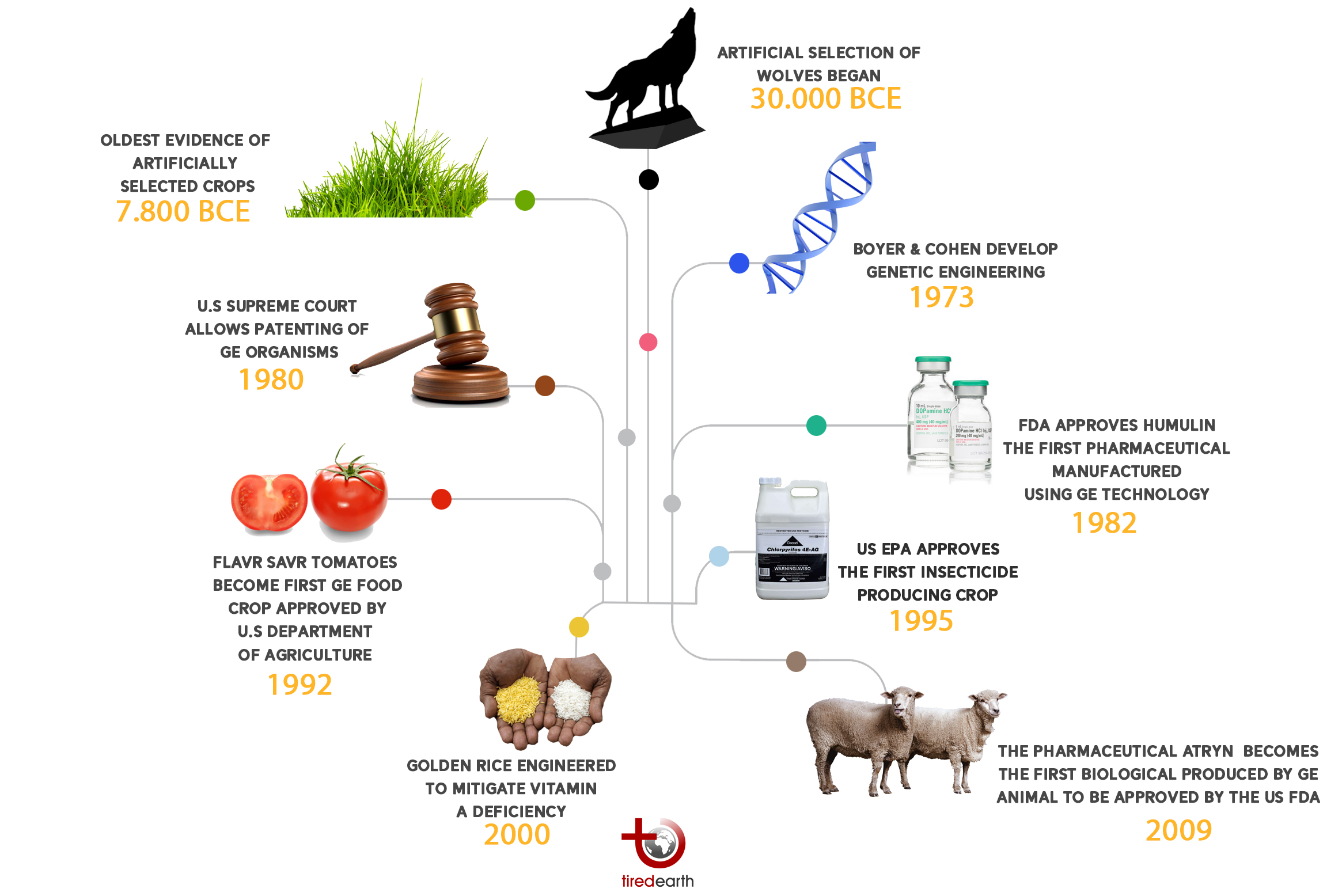Unfortunately, the UK government has flouted EU limits on the pollutant nitrogen dioxide for years – the legal limit for 2016 was infracted within 8 days in some parts of London. The UK has broken European Union safety limits for NO2 for years. And the EU has had enough – it has begun legal action against the UK.
Right now, the UK government is more attempting to water down EU standards than improving air quality. For this reason, environmental law firm Client Earth has taken the government through the UK courts. The consequence was clear! The Supreme Court of UK ruled that the government must take “immediate action ” to meet EU limits in the shortest time possible.
But the UK's reaction has been inadequate, so Client Earth is pondering taking the government back to court and fortunately after a year dispute, ClientEarth won the case and this victory paves the way to protect people from dangerous chemicals by defending EU laws on toxics.
By the way, this case was not the last one! The UK is involved with out of date policies and lacks ambitious goals to cut the problems of air pollution. The National Air Quality Standard, lastly updated in 2007, outlined the standards and objectives of reducing air pollution in the UK for England, Scotland, Wales, and Northern Ireland.
Effects of air pollution on the UK’s economy
In addition, air pollution also has implications for the economy. Because of the trans-boundary nature of air pollution, action to manage and improve air quality in the UK is a complicated issue that has been driven by both international agreements and EU legislation, as well as national and devolved legislation.
At international level, the Gothenburg Protocol and amendments to it set emissions ceilings levels for various pollutants. Its aim is to control long-range trans-boundary pollution.
However, environmental groups and leaders of UK is urging the UK government to launch a scrappage scheme to encourage motorists to leave their diesel vehicles and replaced them by electric ones. The other plan is to remove the road tax incentive for diesel over petrol, and offer better incentives for vehicles which are both low air-polluting and low carbon. But in any case, we must accept the fact that a bright future for Britain cannot be imagined post-Brexit.
















Comment
Reply